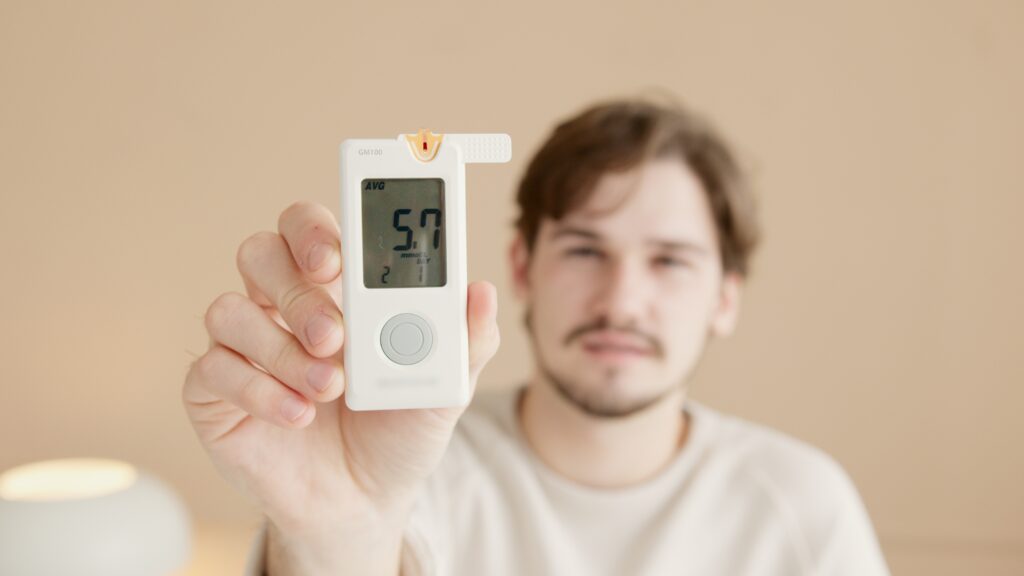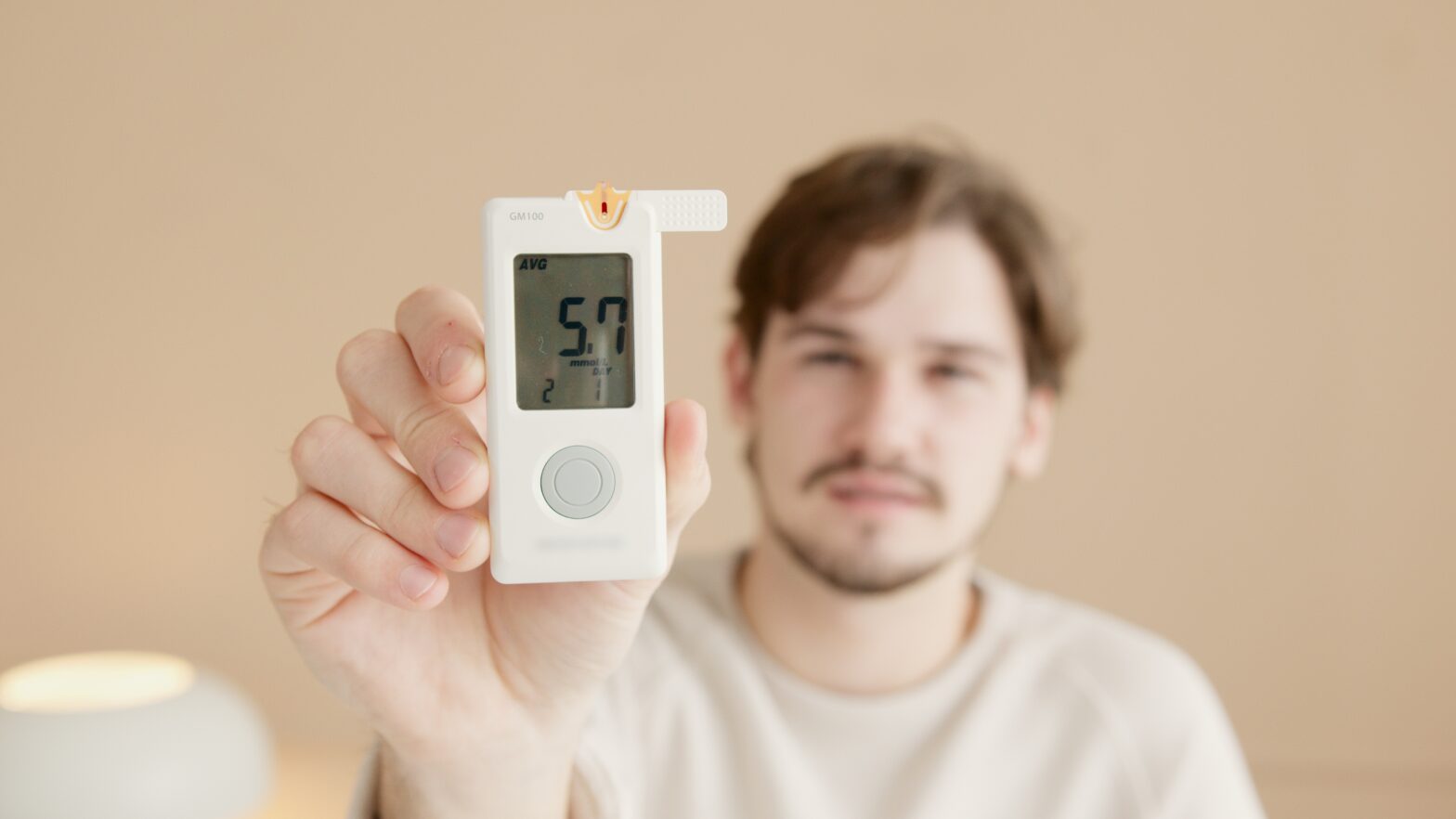Diabetic Nephropathy – Symptoms, stages, causes, and treatment

Diabetic nephropathy is a kidney disease that happens due to diabetes, one of the significant reasons for kidney failure. Diabetic nephropathy affects approximately one-third of all diabetics in the United States when excessive blood glucose levels harm a person’s kidneys.
It affects persons with type 1 and types 2 diabetes, and the risk increases with illness duration and other risk factors such as high blood pressure and a family history of renal disease.
Diabetic nephropathy is a leading cause of kidney disease in diabetics. Long-term kidney illness and end-stage renal disease (ESRD). The kidneys in ESRD are no longer able to satisfy the demands of daily living. Kidney failure can occur due to ESRD, which can be life-threatening.
Diabetic nephropathy grows exponentially; if you focus on it in an early stage with the treatment, you can stop it. Diabetic nephropathy does not always lead to renal failure.
Let’s see the what diabetic nephropathy symptoms are
In diabetic nephropathy, you won’t realize the symptoms in the early stages, but you can experience those in the later stage.
- Blood pressure regulation is worsening.
- Foot, ankle, hand, or eye swelling
- Urge to urinate more frequently
- Confusion or inability to concentrate
- Breathing problems
- Appetite loss
- nauseousness or vomiting
- Relentless itching
- Tiredness
Diabetic nephropathy stages
Depending on the GFR (Glomerular filtration rate), Which also measures the proportion of functional kidney function, a doctor may divide the renal disease into phases.
Stage 1: Kidney damage is apparent, but kidney function is normal, and the GFR is 90 percent or above.
Stage 2: Kidney impairment with some functional loss and a GFR of 60–89%.
Stage 3: Mild to drastic function loss with a GFR of 30–59%.
Stage 4: Severe function impairment with a GFR of 15–29%.
Stage 5: Kidney failure with a GFR of less than 15%.
Causes
Diabetes impairs blood vessels and other cells in the kidneys, resulting in diabetic nephropathy. Kidney damage weakens these critical organs, preventing them from functioning normally.
Diabetic nephropathy is a common type 1 and type 2 diabetic effects. Poorly treated diabetes can damage blood vessel clusters in the kidneys, which filter waste from the blood over time. This can harm the kidneys and raise blood pressure.
High blood pressure can worsen kidney disease by raising the pressure in the kidneys’ sensitive filtration mechanism.
Risk Factors
Other risk factors are:
Kidney infection, particularly a low GFR, is more frequent in adults.
It is more frequent among African Americans, Native Americans, and Asian Americans, depending on race, ethnicity, etc.
Men are more likely than women to get the (Diabetic nephropathy) disease.
A relationship between smoking and increased levels of inflammation has been linked to kidney injury. While the exact relationship between smoking and diabetes is unknown, smokers tend to have a higher risk of diabetes, hypertension, and renal disease.
Obesity or being overweight
Having other diabetic complications, such as vision problems or nerve damage
Complications
Complications of diabetic nephropathy develop exponentially. They are as follows
Fluid retention, which could lead to swelling in the arms and legs
Heart and blood vessels disease may lead to stroke.
Reduced blood vessels to transport oxygen
Damaged nerves and blood vessels cause foot sores, erectile dysfunction, diarrhea, etc.
Complications of pregnancy that pose a risk to both the mother and the developing baby
The end-stage renal disease causes irreversible damage to your kidneys, necessitating dialysis or a kidney transplant for survival.
Due to the kidneys’ inability to maintain the proper balance of calcium and phosphorus in the blood, bone and mineral problems develop.
Diabetic nephropathy treatment
Nothing, in particular, can treat diabetic nephropathy, but in the early stage, if treated may delay or prevent the diabetic nephropathy.
The only main treatment is to regulate your blood sugar levels and blood pressure. Diabetic nephropathy may include treatments likes.
Medication, through diet and lifestyle changes, ESRD treatment, etc.
Medications
By following the right medication, blood sugar levels can be kept under control by regularly checking them, using adequate insulin doses, and taking drugs as prescribed by your doctor. Your doctor may give ACE inhibitors, angiotensin receptor blockers (ARBs), or other blood pressure drugs to lower your blood pressure.
In individuals with CKD associated with type 2 diabetes, Kerendia is a prescription drug that can minimize the risk of persistent GFR decline, end-stage renal disease, cardiovascular mortality, nonfatal myocardial infarction, and hospitalization for heart failure.
Healthy Diet and Lifestyle changes
Your doctor or nutritionist will assist you in developing a kidney-friendly diet. These diabetes diets are more stringent than a typical diabetic diet. Your doctor may advise you to
Decreasing the use of phosphorus-rich foods, including yogurt, milk, and processed meats
Restricting protein consumption
Ingesting healthy fats while minimizing oil and saturated fatty acid intake
Lowering potassium consumption to 1,500 to 2,000 mg/dL or less, decreasing sodium intake to 1,500 to 2,000 mg/dL or less,
Limiting or eliminating rich potassium foods such as bananas, avocados, and greens
Dietary Modifications
If a person has a renal illness, their doctor may advise them to monitor the below nutrients.
Sodium: Because sodium is a component of salt, it can elevate blood pressure.
Potassium: People with renal illness may have greater potassium levels than are healthy, which can cause nerve cells to malfunction.
Protein: Can cause waste to build up in the blood, placing extra pressure on the kidneys in those with renal disease.
Phosphorus: May be found in a variety of protein and dairy meals. Phosphorus overload can weaken bones and put a strain on the kidneys.
Water: Although necessary, drinking too much water or fluid can cause edema and high blood pressure.
Prevention
Keep diabetes management visits regularly. Maintain yearly checkups — or more frequent meetings if your health care provider suggests it — to assess your diabetes management and test for diabetic nephropathy and other complications.
Take care of high blood pressure and other medical issues. Consult your doctor if you have high blood pressure or other factors that raise your risk of renal disease.
Maintain a healthy body mass index (BMI). If you’re at a healthy weight, try to keep it there by exercising most days of the week. If you need to reduce weight, discuss weight-loss measures with your doctor, such as increasing regular physical activity and eating fewer calories.
Cigarette smoking can harm your kidneys and worsen any existing damage. Speak with your doctor about stopping smoking tactics if you’re a smoker. Stopping can be made easier with support groups, therapy, and some medicines.
Bottom Line
The prognosis for diabetic nephropathy patients will be determined by how successfully they control their blood sugar and blood pressure levels and the stage at which they are diagnosed. The sooner therapy begins, the better the prognosis.
Diabetic nephropathy can be slowed or stopped with treatment. People with diabetes should have their blood pressure checked as recommended by their doctor and take precautions to prevent kidney damage from worsening.

